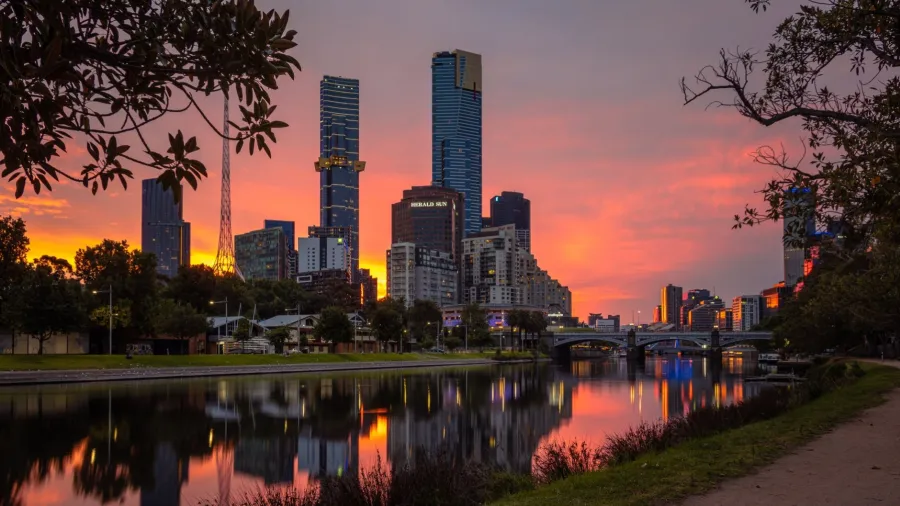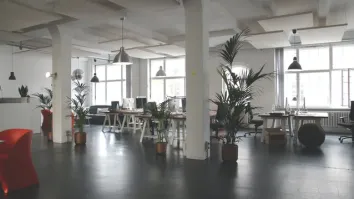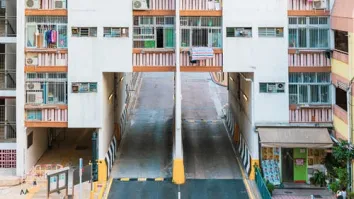
Melbourne new industrial supply now more than double the 10-year quarterly average
There were 20 projects completed in Q4 2022 alone.
New stock delivery in Melbourne’s industrial property sector increased 6.0% q-o-q to about 305,600 sqm. According to JLL, this is a level more than double the 10-year quarterly average of about 144,100 sqm.
Elevated levels of supply are a reflection of the significant volume of capital deployed into developments throughout the pandemic, which are now reaching practical completion.
Here’s more from JLL:
A total of 20 projects reached practical completion in 4Q22, 53% of which was pre-committed to. Completions are expected to decline over the next six months due to high construction costs and continued supply chain disruptions. Despite this, new stock delivery levels are still expected to remain above the 10-year quarterly average.
Take-up hindered by lack of availability
Gross take-up decreased 68% q-o-q to about 182,800 sqm in 4Q22, a level (27%) below the 10-year quarterly average (about 250,200 sqm). Increasingly low vacancy and a limited level of speculative stock delivery has restricted gross take-up totals, despite high levels of enquiry from occupiers.
Take-up was weighted heavily towards the Transport, Postal and Warehousing sector, which accounted for 54% of take-up in 4Q22 (about 99,500 sqm). The balance of take-up was split between the Manufacturing (23%) and Retail Trade (22%) sectors.
Rental growth stabilises after record year
Moderate rental growth was evident in the Melbourne industrial market in 4Q22, with the market-wide average for prime assets increasing by 2.2% q-o-q. Secondary rents grew by an average of 3.4% in 4Q22, continuing to outpace prime rents due to a lack of availability. The highest quarterly growth in both the prime (4.5%) and secondary market (5.4%) was recorded in the North precinct.
Transaction volumes decreased sharply relative to 3Q22, decreasing by 46% to AUD 482.8 million. Despite this, transaction volumes remained well above the 10-year quarterly average (AUD 228.9 million). Transactions for investment purposes accounted for 60% of transaction volumes, while development projects comprised 40%.
Outlook: Rental growth to stabilise amid further yield softening
Strong rental growth is expected to persist in the medium term, but at a slower pace than exhibited in 2022. Increasingly low availability continues to drive rental growth in the Melbourne industrial market. Reversions in land values are expected to continue to a limited degree following substantial growth throughout 2022.
Further yield softening is expected amid an environment of increasing domestic interest rates, higher bond rates and the expectation of lower global economic growth over the short term. Slowing rental growth has resulted in declining capital values in 4Q22, a trend which is expected to continue over the medium term.
Note: Melbourne Logistics & Industrial refers to Melbourne's industrial market (all grades).



















 Advertise
Advertise



